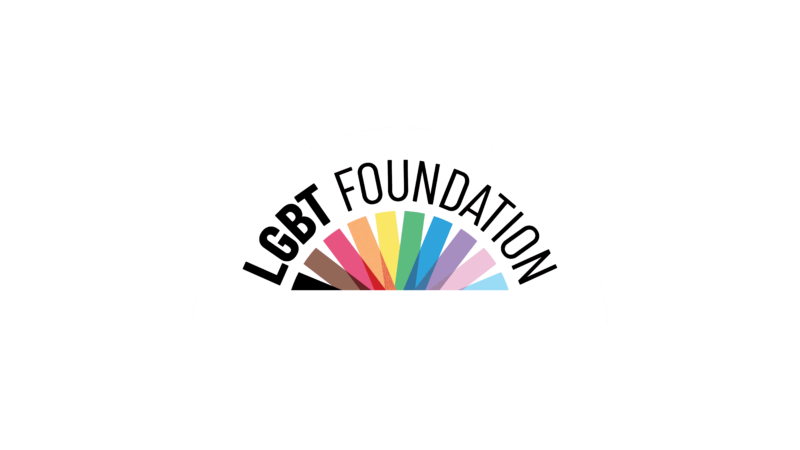Announcements

Many people in the LGBTQ+ community are feeling angry, hurt and frustrated right now. Trust in the government, especially from the trans community, is deeply damaged. We see and feel that in our work and lives every day.
As four leaders of LGBTQ+ organisations, we took this important and rare opportunity during Pride to join many others at number 10, including many volunteers, to recognise and celebrate our collective efforts and contributions over 50+ years.
But it wasn’t just a celebration – we had the chance to speak directly to the Prime Minister to emphasise the situation right now and explain what needs to change. We talked about human rights for everyone, the broken trust and need to build trust particularly with trans people, healthcare access, hate crime and the need to deliver on manifesto commitments without delay.
Leaders from our sector took to the lectern and spoke with authenticity, challenge, and conviction, and were listened to in the gardens of number 10 by those at the top of Government. We committed to engage with the Government further, at what will be a critical time for equality decisions in the UK with the impending EHRC statutory guidance.
Our organisations were established in difficult times, with the single goal of improving LGBTQ+ lives. Together, we have made so much progress over many years. It has taken unity and conviction. The visit to number 10 was a chance to recognise everyone’s contributions over 50+ years – often given with courage and tenacity in difficult circumstances – with politicians and community partners, including LGBTQ+ and trans-led organisations.
Despite the progress, there is still so far to go to improve the lives of LGBTQ+ people in these turbulent times, when rights are being rolled back across the world and the UK is falling down the global leaderboard on LGBTQ+ rights. There’s still too much hate in our society, conversion practices are not yet banned, and too many people feel uncomfortable holding their partner’s hand in public.
For a more inclusive society, we must work with Government and those in power. We’ve had to do this in recent decades to push for legal change, such as equalising the age of consent, achieving equal marriage and gender recognition. We cared for, held and buried loved ones during the AIDS crisis, while meeting with a homophobic government to convince them to make change.
We must be visible too and share our lived experiences, as reflected by someone attending the event: “As a trans person, it was incredibly powerful to be openly and visibly trans in such a space, and talk about my own lived experience, and the feelings of the communities we represent. We cannot effect change if we’re not willing to be in those spaces.”
There are many ways to press for change – we need protest and engagement from people across the sector, not one or the other. Change will only be achieved by uniting around our shared vision, and our diverse approaches and strengths. But we must be in the room arguing the case for change time and again, and being listened to, by people in power, including government. We must persuade people why change is needed and ensure they hear LGBTQ+ voices. We must ensure there is representation, including trans people, at every stage. We need to give people the confidence to make the arguments themselves – and then take steps in the right direction. We will be the critical friends we said we would be and hold the Government to account.
We must be present in the room and engaging with those in power. While it’s uncomfortable for some, we must remember that those who oppose LGBTQ+ inclusion are securing influence by engaging at the highest levels. We must be in the room to minimise their impact.
Engagement isn’t the same as endorsement, presence isn’t the same as compliance. But we must find a path forward together.
Paul Martin, Chief Executive at LGBT Foundation
Stephanie Fuller, Chief Executive Officer at Switchboard
Simon Blake, CEO at Stonewall
Monty Moncrieff, Chief Executive at London Friend







